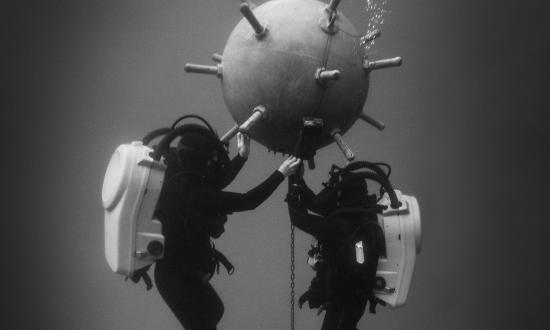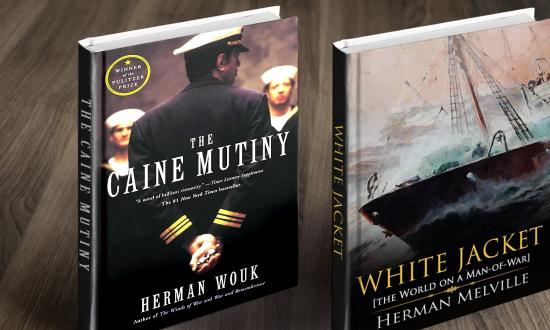Captain Jim Brown, U.S. Navy (Retired)
The Korean War amphibious assault at Inchon, argued for and championed by General of the Army Douglas MacArthur, provides classic lessons in the risk assessment, decision-making, strategic staff planning, audacious leadership, and bold execution necessary to achieve modern expeditionary warfare victories in littoral areas.
Lieutenant Commander John Miller, U.S. Navy Reserve
The heroic multidomain defense of Wake Island by the 1st Marine Defense Battalion and VMF-211 is the historic forerunner to today’s Marine littoral regiments and expeditionary advanced base operations.
Lieutenant Colonel Floyd Whitney, North Carolina Army National Guard (Retired)
The British Royal Marines in kayaks planted limpet mines on German ships at anchor near Bordeaux, France, in 1942, damaging six ships and sinking one. This operation, named Operation Frankton, demonstrated what highly trained, highly motivated small units can accomplish when executing daring plans against an unsuspecting enemy.
Dave Kisor
Having read Douglas Brinkley’s Tour of Duty: John Kerry and the Vietnam War, the big mistake the Navy made on the rivers in Vietnam was using boats with engines that converted fuel to noise that could be heard miles away.
Rich Sloane, Golden Life Member
The Navy’s foray into riverine warfare in the Mekong Delta in Vietnam that demonstrated combat at close quarters is alive and well. Despite long-range weapons, the fleet needs to be prepared for the same.
Michael Ravnitzky, Life Member
The U.K.’s Falklands actions in 1982 exemplified the important lessons of quick global deployment, combined arms in littoral settings, joint/coalition operations, adapting to threats and harsh losses, leveraging net-centric technology and information warfare; deploying scalable forces, long-distance logistics, and unmanned systems; and using local insight for postwar transformation.
Lieutenant Commander Sankey L. Blanton III, U.S. Navy Reserve (Retired)
Consider the Ukrainian assaults on the Russian Navy in the Black Sea. With continuing advancement of technology and control, there will be no safe passage or secure operating area in any littoral, delta, river, harbor, port, or ocean.
Lieutenant Commander Brian Striffler, U.S. Navy
Motor Torpedo Boats displayed exemplary littoral combat action in the Surigao Strait during the Battle of Leyte Gulf. Twenty-first-century expeditionary warfare will involve similar theater geometry, requiring small-craft combat capability in support of expeditionary advanced base operations, during which sea control, sea denial, and logistical support reign supreme.
Duane Rice-Mason
The American Civil War riverine campaign. Joint Army-Navy coordination seems to have worked rather smoothly. According to civil war historian Shelby Foote, Vicksburg, Mississippi, did not celebrate the Fourth of July from 1863 to 1944. That should give some idea of how effective this riverine campaign was.







